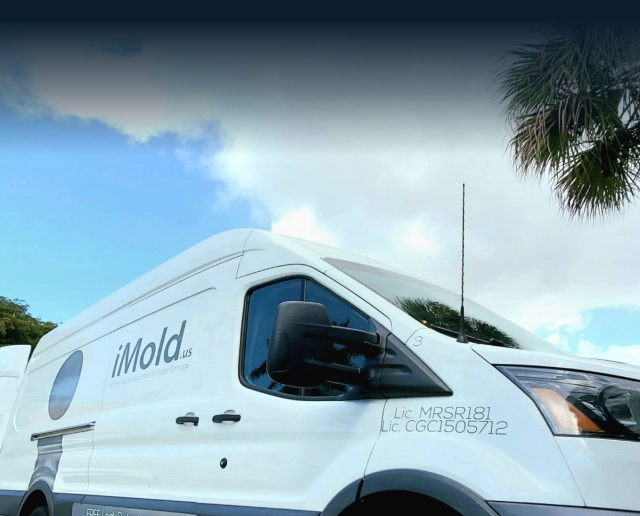Selling A Home with Mold, Can I Do It?
Perfectly staged, freshly cleaned carpets, landscaping flawless, and there it is, hidden in the walls and air ducts- mold. Nothing causes homebuyers to run faster than hearing the word “mold.” The dangers of mold are familiar to many, and most homebuyers are on the lookout and ready to hire mold inspectors before signing any paperwork. If you know that your home has a mold issue prior to placing it on the market, there are a few aspects you should consider.
Disclosures
Most states today require full disclosure of the home at the initial document signing once an offer appears on your home. This disclosure form is filled out by the seller and requires you to detail any known problems with the house. The issues to be disclosed include, but are not limited to, water damage, foundational issues, lead paint presence, and mold or mildew presence either now or previously.
These disclosures must be filled in with truthful knowledge on current and past issues on the home, and failure to do so can become a costly lawsuit. This disclosure is given to the potential homebuyer before they send in their home inspector. If the general home inspector believes there to be damage not mentioned on the disclosure, he will give his findings to the buyers. He may also recommend a specialist, or a mold inspector if needed.
The disclosure form also allows the seller to give detailed documentation on any home remediations that have resolved any disclosed home problems. For example, if a bad storm caused roof damage and the roof replaced, the seller would check the box stating there has been roof damage. The owner would also detail when the roof was replaced and provide documentation as needed.
The same goes for mold in the home. If the seller discloses that there has been a mold issue, he can also give details about the type and time that remediation has taken place. He would also provide pertinent documentation when required.
Remediation
Taking the step to remediate any mold in your home is always the safest precaution to take to guarantee a buyer. Although you are putting in money for a home you no longer want, that expense can greatly help secure a buyer and return on your investment.
While treating the problem area may suffice, the best practice is total remediation. iMold professionals are licensed to inspect all areas of your home and complete a full mold remediation on the house. We also offer air duct and carpet cleaning should you discover these problem areas are also in need of a clean or mold removal before selling.
Drop Price
If you are aware that mold is present in your home, disclosing that fact and lowering the asking price may be the best solution. Whether there has been mold remediation or not, the presence of mold in the house, past or present, is enough to scare a buyer away. Lowering the cost, coupled with total remediation, is the best option to increase the odds of selling.
Should you choose not to remediate the mold and simply lower the price, a buyer may still ask for lower than your dropped price, due to the need for remediation.
A buyer bringing in a mold inspector is not uncommon. And for a home with mold present or mold problems in the past, a mold inspection is almost a guaranteed step for any potential buyer. If you have any concerns regarding preparing your home to sell, please give our office a call to set up an appointment for remediation today!

